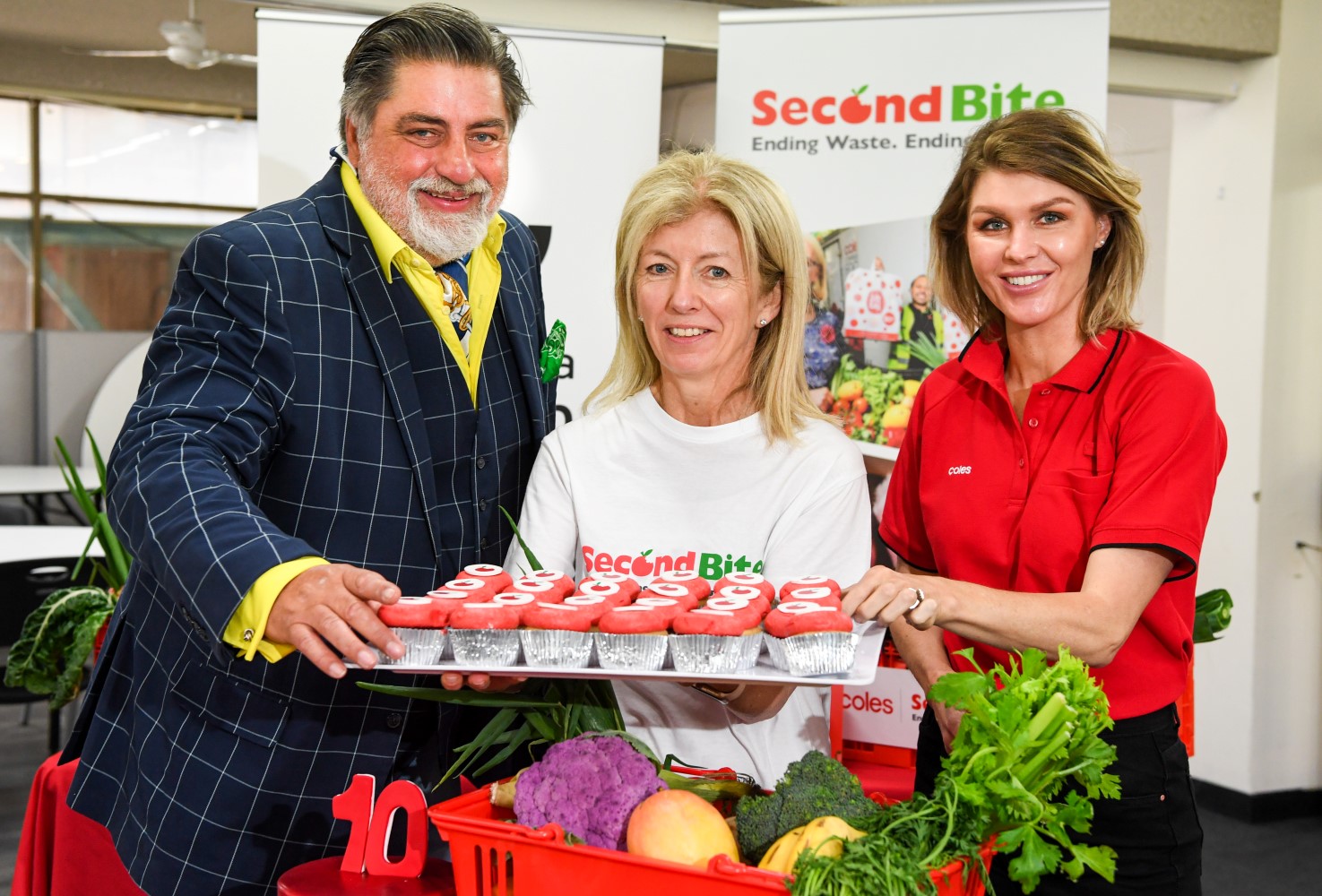• Equivalent of 37.5 million meals donated to Aussies doing it tough in FY22
• Food donations just part of $142 million in community support
With demand for food relief increasing as more Australians struggle with cost-of-living issues, Coles is working harder than ever with its community partners to provide meals to those in need.
As revealed in Coles’ 2022 Sustainability Report today, Coles has donated the equivalent of 37.5 million meals to Aussies in need over the course of the 2022 financial year, its highest ever annual total and up from 35 million meals a year earlier, by working with food rescue charities to distribute unsold, edible food that might otherwise go to waste.
Over the course of the financial year, Coles donated more than 18.9 million kilograms of unsold, edible food from its supermarkets and distribution centres to longstanding community partners SecondBite and Foodbank to feed Australians in need. Since forming partnerships with SecondBite in 2011 and Foodbank in 2003, Coles has donated the equivalent of 223 million meals.
As one of Australia’s largest food retailers, meal donations were a key part of Coles’ support for the community over FY22 as team members worked with customers and suppliers to contribute $142 million in community support, through fundraising, food donations, cash contributions, grants, partnerships, sponsorships and in-kind support.
Coles’ 2022 Sustainability Report, available online sets out the progress Coles has made over the past year towards its ambition to be Australia’s most sustainable supermarket, including:
- Signing the last of the agreements needed to be powered by 100% renewable electricity by the end of FY25, in line with Coles’ Together to zero emissions ambition
- Reducing Scope 1 and 2 emissions by 2.8%
- Recognised in the World Benchmarking Alliance’s 2021 Food and Agriculture benchmark, with Coles ranked the number two retailer globally for sustainable business practices
- At the end of FY22, 94.6% of Coles Own Brand packaging was recyclable, reusable or compostable in Australia
- A $10 million, 10-year partnership with the Great Barrier Reef Foundation to invest in blue carbon projects that will capture carbon emissions in coastal ecosystems
- Diverted 82.5% of solid waste from landfill, compared with 80.6% in the previous year
- A 38% increase in soft plastic collections from stores by REDcycle, removing 777 million pieces of soft plastic or 3,108 tonnes from landfill, compared to 2,260 tonnes in FY21
- Achieved our largest single-year increase in women in leadership positions from 36.5% in FY21, to 39.4%
- 3.2% of Coles team members identify as Aboriginal and/or Torres Strait Islander peoples, with initiatives underway including direct local recruitment campaigns, partnering with community and university sectors for graduate employment, and establishing leadership and development training opportunities to grow and retain our representation of Indigenous people in leadership positions
- $1.8 million in grants from the Coles Nurture Fund awarded to Australian fresh produce and meat producers to drive innovation and sustainability.
Coles Chief Operations and Sustainability Officer Matt Swindells said: “We are making good progress towards our ambition to be Australia’s most sustainable supermarket, and I want to thank our team members, customers, community partners and suppliers for their efforts to help us fulfil our sustainability commitments over the past financial year.
“At a time when more and more Australians are facing food insecurity, we are pleased to have been able to work with SecondBite and Foodbank to deliver a record 37.5 million meals to help those in need.
‘We are also making progress on our journey Together to zero waste, emissions and hunger, with improvements in packaging recyclability, less waste to landfill, and partnerships to support blue carbon projects and innovation in Australian food production.
“It was great to have these efforts recognised during the year when Coles was ranked the number two retailer globally for sustainable business practices in the World Benchmarking Alliance’s 2021 Food and Agriculture benchmark, however we still have a long way to go on our sustainability journey.
“Coles is committed to driving positive change for our communities, and we look forward to working further with all stakeholders to deliver against our strategy for the benefit of all Australians.”




